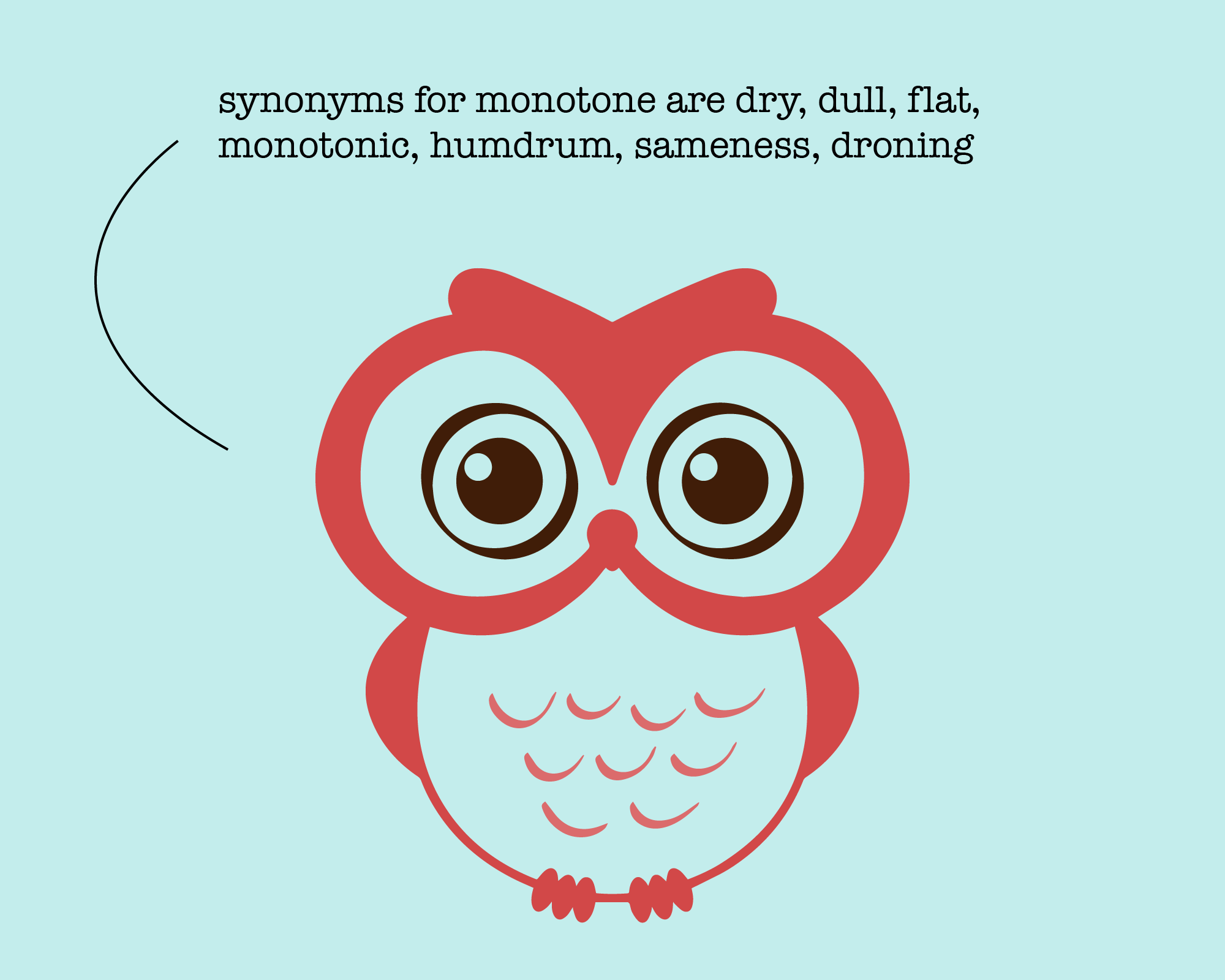
Ready For Your Close-Up? How To Look Great On Camera
The bright lights of the stage when the curtain goes up are not the same as the light that turns on when your HD webcam tells you your event has begun and that other people are now watching. It is as different an experience for you as it is for your audience. But following some basic steps can make the digital stage as rewarding as the theatre you stood upon a year ago.

How to Find the Perfect Monologue
While school drama departments and community theaters across the country are currently on hiatus, what better time to hone your acting chops than by identifying and practicing monologues you can use for future auditions and sizzle reels?

How to Spot Bad Acting in Your Favorite Halloween Movies
A common denominator of horror films, of course, is all of the cringe-worthy bad acting. Given the low investment in the scripts and sets, no one seems to mind this. As long as the good guys won—and they always did—no one really cared how hammy and melodramatic the performers were.

10 Tips for Telling a Story Without Video
With radio, however, there’s an entire spectrum of opportunity which eliminates the need for—and expense of—costumes, makeup, props, backdrops, lighting, and special effects. In fact, you could launch an entire podcast series with a few friends in your kitchen or basement and your listeners would be none the wiser.

Q&A: How To Hone Your Skills As An Interviewer
Why is it that late night talk-show hosts can make their conversations with guests sound so effortless? How are news commentators able to cut to the chase on controversial topics? If you found yourself in an elevator with a celebrity you admire, what’s the one question you could ask to leave an indelible impression?

What You Need To Know About a Degree in Theater Arts
I’m a firm believer in following one’s passion. If you live, breathe, and sleep theater, and devote your years at university to earning a diploma in all things theatrical, it’s helpful to consider some career options in which this background could open doors … and pay bills.

Monotone is Monotonous: How to Fix a Lackluster Voice
If anyone has ever told you that you speak in a monotone, it’s unlikely they’re referring to how you sound in a conversation. In conversations, we’re required to listen, to think, to reflect, to respond. In contrast, memorized/read speeches and theatrical dialogue can segue into Dullsville Flats if you’re not attaching meaning to what you’re saying. Here are some tips on how to make your voice one that others will want to listen to.

10 Tips to Keep Your Acting Skills Sharp Between Shows
As of this writing, I’m empathetic to drama students around the world who are stressing about (1) what theatre will look like in the future and (2) when their next chance will come to tread the boards and hear applause. The worst thing to do right now is to do nothing. Just as practice, practice, practice brings athletes to a state of accomplishment in sports, a continued regimen of discipline and training can keep us at our best for that moment when the curtain once more rises.

Get Thee to a Support Group
It’s certainly something that William Shakespeare could have taken a page from 400 years ago. Instead, he brought us characters who engaged in wicked swordplay, poisoning, spreading scandals, thwarting romance and duplicitously conniving for riches…and that was just within their own families. How very different those lives might have turned out if they could have availed themselves of a professional sounding board; specifically, a trained psychotherapist to help them sort out their feelings prior to acting on them.

What Chekhov Knew About Sitcoms
His heyday was long before the advent of prime time comedy but I often paraphrase Anton Chekhov whenever an aspiring screenwriter suddenly throws a contrivance into the third act that had nary a passing reference in the first or second. The objective is always the same: to try to jumpstart a floundering plot with a last-ditch surprise in order to keep it from dribbling off with a whimper.

Social Butterflies: The Use and Misuse of Social Networks
In the 21st century, social butterflies abound in electronic neighborhoods such as Facebook, Twitter and LinkedIn, allowing participants to connect with former classmates, distant family members and kindred spirits. This month’s exercises take a look at how social networking is impacting our lives for better or worse. For younger students who haven’t yet mastered the basics of script structure, these lesson ideas lend themselves to extemporaneous storytelling and role-playing skits. Older students are encouraged to draft scenes into correctly formatted screenplays as well as film them for peer review.

Social Butterflies: The Use and Misuse of Social Networks
When creating videos, podcasts and other media projects in which you have incorporated the copyrighted works of others, be sure not to let deadlines drive you to make decisions that will be costly. Once the work is published or released – it’s out there, and taking it back may be difficult or impossible.

How to be a Film Critic and Learn From It
This lesson plan is all about applying what you see by watching existing films to your own screenwriting projects. Let’s say you're an aspiring movie critic or you're assigned to write an essay for a film appreciation class. Understanding the elements inherent in this medium is as important as being able to articulate what you liked and didn’t like about a movie or television show’s content.

